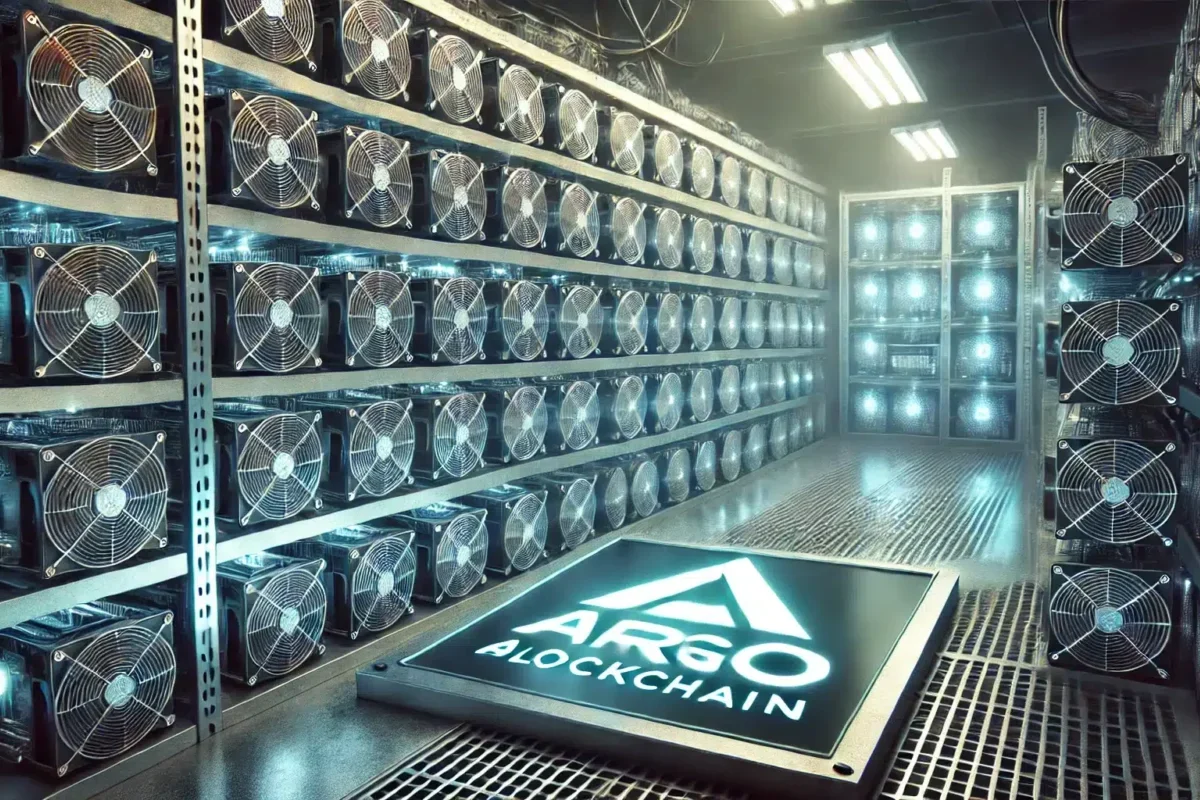Bitcoin Miner Argo to Delist from London Stock Exchange Amid Debt Restructuring

Argo Blockchain, one of the earliest publicly listed Bitcoin mining companies, said Tuesday it plans to delist its shares from the London Stock Exchange (LSE) as part of a sweeping recapitalization and debt restructuring plan. The company will retain its Nasdaq listing.
The London-based miner said it has published a practice statement letter outlining key details of its restructuring plan, marking the first step in a formal court-supervised process. The plan seeks to reorganize Argo’s debt and equity structure following several years of financial distress.
According to the proposed timeline, a convening hearing will take place on November 5, followed by creditor and shareholder meetings on November 28, and a court sanction hearing on December 8. If approved, Argo’s LSE delisting will become effective at 8 a.m. on December 9, with its final trading day set for December 8.
The company said the delisting will relieve it from U.K. regulatory and disclosure requirements, including those under the Market Abuse Regulation and the Takeover Code, though the latter will continue to apply for two years after the delisting.
Under the terms of the restructuring plan, Argo’s largest creditor, Growler Mining LLC, will emerge with 87.5% of the company’s equity. Bondholders will receive 10% in exchange for their debt, while existing shareholders will be left with just 2.5% of the recapitalized company. Argo said it has already drawn $5.38 million from a $7.5 million secured loan facility with Growler.
Founded in 2017, Argo was among the first wave of Bitcoin miners to list publicly, debuting on the LSE in 2018 and later adding a Nasdaq listing in 2021. During the 2021 bull market, the company took on heavy leverage to finance expansion, including its Helios data center in Texas. But when Bitcoin prices collapsed in 2022, Argo sold the Helios facility to Galaxy Digital to pay down part of its debt.
The sale left Argo with a fleet of Antminer S19j rigs—once high-end but now largely obsolete—whose profitability has sharply deteriorated after Bitcoin’s April 2024 halving, when block rewards were cut in half. The aging equipment and rising hosting fees have made it increasingly difficult for the company to sustain its debt burden, prompting the current restructuring.


